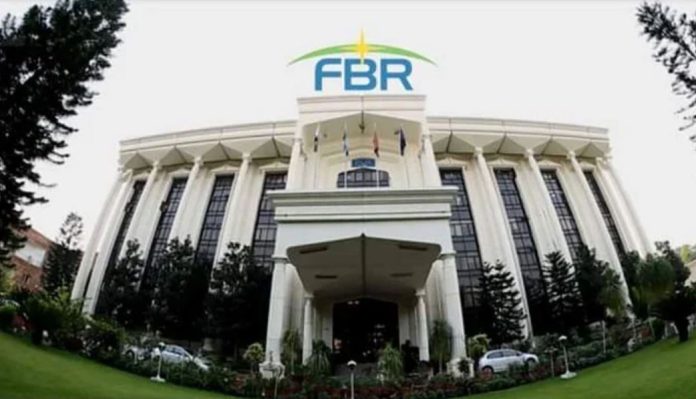——– FBR likely to be tasked to collect up to Rs11.5tr next fiscal
——– IMF proposes to adopt Australian or Indian taxation model to harmonise taxation system
By Ali Imran
ISLAMABAD: With the possibility of fixing the annual tax collection target of the Federal Bureau of Revenue’s (FBR) ranging between Rs11.2 to Rs 11.5 trillion for the next budget, the International Monetary Fund (IMF) has given two options for implementing a taxation model from Australia or India to harmonise the taxation system.
The IMF has been consistently conveying to Pakistan’s tax authorities to consider the two options to overhaul the General Sales Tax (GST), including moving towards the Australian model of centralised administration and rate-setting, together with a strict revenue-sharing formula that is independently designed and enforced.
The second option is to move to an India-style Cash Value Accumulation Test (CVAT), where federal and provincial authorities share administration and the right to tax, and interstate trade is subject to a third federal rate. The IMF has asked the FBR to introduce a single turnover-based registration threshold of Rs8.5 million (equivalent to $30,000) for all businesses.
The sales tax is hampered by several serious shortcomings and structural deficiencies which in particular include: (1) the bifurcation of the tax base between federal and provinces creates serious gaps in taxation and is the source of trade neutrality concerns; (2) within the limited tax base of goods, the federal government has further narrowed its tax base by having a generous list of exempt and preferential tax supplies; (3) the federal sales tax system for goods is hard to administer and comply with, given the extraordinarily large number of applicable tax rates. One implication is that resources must be applied toward dispute resolution with taxpayers on the rate at which a particular supply ought to be taxed.
The IMF has estimated that if all its recommendations are implemented in Pakistan’s Goods and Services Tax (GST), it could yield additional revenues of Rs1,300 billion or 1.3% of Gross Domestic Product (GDP) on an annual basis. The IMF asked for eliminating all zero-rating (Fifth Schedule) except for exports. It also asked to bring all other goods to the standard rate of 18 percent of GST.
The lender recommends restricting exemptions (Sixth Schedule) to only the supply of residential property (except the first sale) and bringing all other goods to the standard rate. This will also raise fuel taxation in line with the average of comparators in the region and emerging economies as the Fund has asked to impose 18 percent GST on petrol and diesel.
Top official sources said the government was giving the option of levying a carbon levy so that the revenues do not become part of the NFC Award and the Centre could only utilise the fetched revenues as non-tax revenues.
The IMF has further asked to remove reduced rates under the Eighth Schedule and bring goods to the standard rate, except food staples and vital education and health items to be taxed at a single reduced rate of 10 percent.
It recommends removing all compliance-related distortionary tax policy changes. This includes eliminating the minimum taxes and surtaxes, besides removing the Ninth and Tenth Schedules. The estimated yield from rationalising Sales Tax expenditures is 1.3 percent of GDP.




